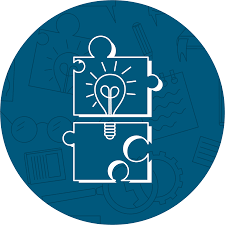SYNTHESIZING INFORMATION RATHER THAN MEMORIZING
- RAENA LEARNING

- Dec 6, 2023
- 2 min read
Synthesizing information, as opposed to merely memorizing it, involves actively engaging with the material to understand its broader context, draw connections, and create new insights.
Here's how you can encourage and practice this skill:
Critical Reading: Instead of just reading to remember facts, critically analyze the text. Ask questions about the purpose, the main arguments, the evidence used, and the conclusions drawn.
Connecting Ideas: Look for connections between the new information and what you already know. This could involve relating topics from different subjects or finding common themes.
Creating Mind Maps: Visually organize information using mind maps or concept maps. This helps in seeing the big picture and how different pieces of information relate to each other.
Discussion and Collaboration: Engage in discussions with others about the topic. Explaining concepts to others and hearing their perspectives can deepen understanding.
Writing Summaries and Paraphrasing: Instead of copying notes verbatim, write summaries or paraphrase in your own words. This process forces you to digest the information and express it in a new way.
Critical Reflection: Reflect on what you've learned by asking how it applies to real-world situations, how it challenges your preconceptions, or how it relates to current events.
Application of Concepts: Apply the concepts learned to solve problems or in practical scenarios. This could be through projects, case studies, or real-life applications.
Cross-Disciplinary Integration: Integrate knowledge from various disciplines. For example, use historical context to understand a literary piece, or apply mathematical concepts to scientific problems.
Asking "Why" and "How": Go beyond the "what" of the information. Ask why something is the way it is and how it works or affects other things.
Continuous Revision and Reflection: Regularly revisit the information and reflect on how your understanding has evolved or how new information might alter your perspective.
By synthesizing information, you're not just remembering facts, but developing a deeper, more comprehensive understanding of the subject. This approach fosters critical thinking and problem-solving skills, which are valuable in both academic and real-world contexts.




Comments